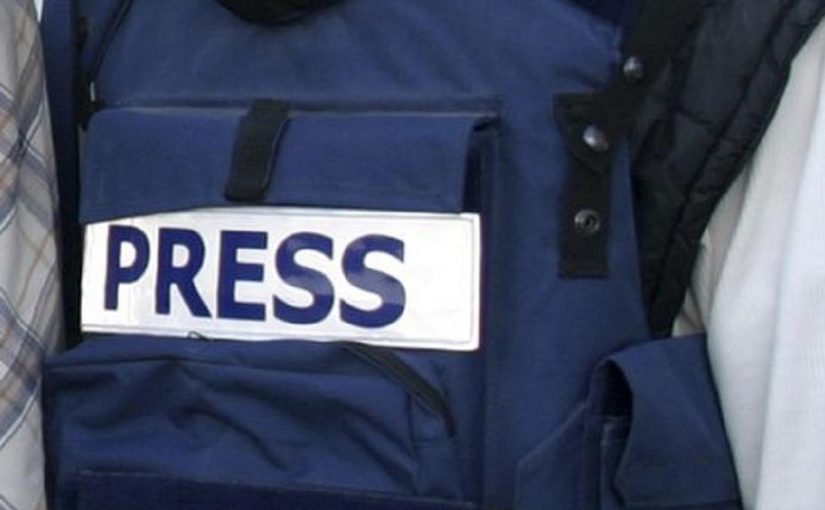The Mozambican chapter of the regional press freedom organisation MISA (Media Institute of Southern Africa) has “noted with great concern the emergence of another wave of threats against journalists dedicated to independent coverage of the conflict in Cabo Delgado”.
The most serious of these threats came from Cabo Delgado regional governor Valige Tauabo, who accused journalists of collaborating with militants operating in the territory.
On Saturday, after launching a project called “Sport for Peace” in the province capital, Pemba, Tauabo told reporters, “Sometimes we notice that your information is of very doubtful origin because it appears that the journalists are in line with the terrorists.”
“Our dear journalists are leading us to believe that you have been formatted by the terrorists,” he claimed. “You recognise their values, but you do not recognise the values of the population or our defence and security forces.”
He alleged that some of the media working in Cabo Delgado “agree with the terrorists.”
He argued that when the government provides material to reporters, “you treat it in your way, journalistically, but with a twist, a twist for our province of Cabo Delgado, a twist for the Cabo Delgado people.” What’s going on?
Tauabo did not name any of the media outlets, specify which journalists he was referring to, or explain how the information had allegedly been manipulated.
The previous day, February 16, the administrator of Quissanga district, Sidonio Jose, complained of “false news items” about terrorism, which were allegedly circulated “to agitate the public” and “to traumatise the communities”. He denied that the jihadists had occupied Quissanga town.
MISA stated that “in a country with a strong culture of authoritarianism and militarization, statements such as those of Governor Tauabo may encourage the taking of measures against journalists.”
The current threats against the media, according to MISA, come at a time when the security situation in Cabo Delgado has deteriorated, with a series of attacks in the province’s south and coastal area of Macomia district, resulting in more deaths and displacement of residents.
MISA “strongly condemns these and any other threats that seek to interfere with and restrict the work of media professionals covering the conflict.”

Such restrictions “clearly violate all of the principles of press freedom.”
According to MISA, one of the primary functions of journalism in a democratic society is to report on occurrences of public interest, including tragedies like those that have occurred in Cabo Delgado during the last six years.
Reporting on assaults “does not imply recognising terrorist values at the expense of the values of the defence and security forces, as the governor suggests,” according to the MISA statement. “On the contrary, it provides a public service, which is to keep the country, the world, and, in the first instance, the people of the affected areas informed about what is going on around them.”
MISA emphasises that it opposes terrorist organisations’ armed brutality and stands in sympathy with the victims of this violence – “but, as a serious problem affecting the Mozambican state, the war in northern Mozambique, must be the subject of reporting and scrutiny by the media.”


